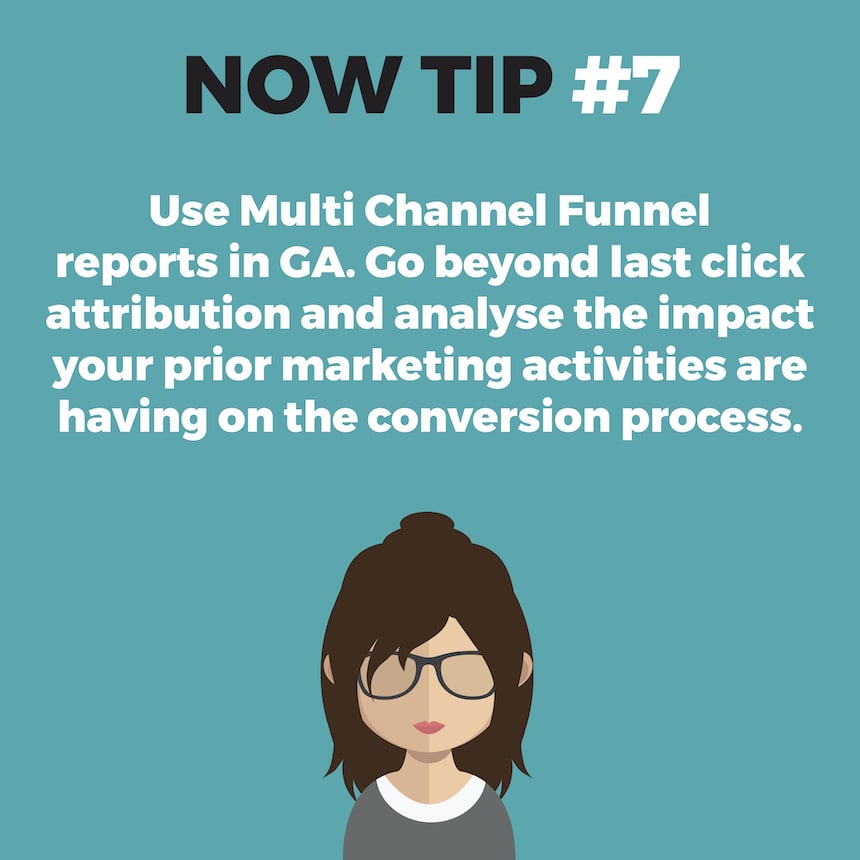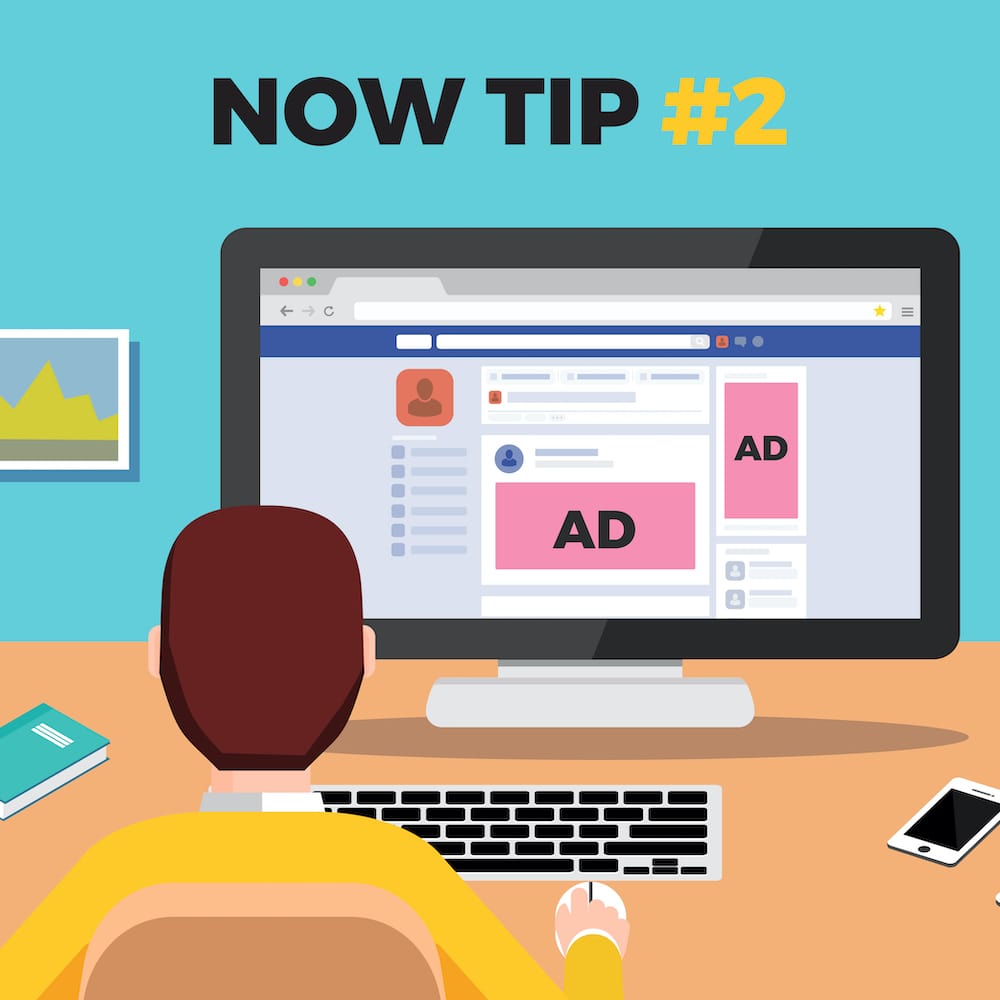What is Google Analytics 4?
If you haven’t heard about the new changes to Google Analytics, you soon will be hearing lots about it. Google Analytics 4 (GA4) is the latest version of Google Analytics. GA4 is not an update to the previous version of Google Analytics 3 (Universal Analytics) but a new system that replaces it. The switchover will be happening on the 1st of July 2023. After this date, Google will stop supporting Universal Analytics, which means that you will no longer have access to the Universal Analytics interface or be able to send data to Universal Analytics properties.
First things first, let’s talk about what GA4 is. In a nutshell, it’s the newest version of Google Analytics that offers a more comprehensive and intuitive way of tracking and analysing your website’s data. It focuses on machine learning and artificial intelligence to give you even more insights and recommendations for improving your digital marketing efforts.
So, what are the benefits of using Google Analytics 4?
For starters, it offers enhanced cross-device and cross-platform tracking, so you can better understand how users interact with your brand across different devices and platforms. It also has improved measurement capabilities for things like e-commerce and conversions, which is always a plus for any digital marketer. Plus, it has a brand-new interface that makes navigating and finding the information you need easier.
What’s the difference between Google Analytics 4 and Universal Analytics?
Compared to Universal Analytics, GA4 offers more advanced and nuanced data tracking and analysis. Here are some of the main differences:
- Data collection: GA4 uses a new measurement protocol that makes it easier to collect data from various sources and devices, such as the web, mobile apps, and IoT devices. Universal Analytics, on the other hand, primarily collects data from web browsers.
- Data modelling and machine learning: GA4 uses advanced data modelling and machine learning techniques to provide insights and recommendations, making it easier to identify opportunities for improvement and optimise your digital marketing efforts. Universal Analytics does not have these advanced modelling capabilities.
- User-centric measurement: GA4 allows you to track user interactions across multiple devices and platforms, providing a more complete picture of how users interact with your website and your business. Universal Analytics primarily tracks user interactions on a single device.
- Enhanced privacy features: GA4 provides enhanced privacy features such as cookie-less tracking and support for browser-based tracking, which can help your business comply with data privacy regulations. Universal Analytics does not have these enhanced privacy features.
- Integration with other Google products: GA4 is designed to integrate seamlessly with other Google products such as Google Ads, Google Search Console, and BigQuery, making it easier to gain insights and improve your overall digital marketing strategy. Universal Analytics does not have this level of integration.
- eCommerce tracking: GA4 provides improved eCommerce tracking, making it easier to understand sales, revenue, and conversion data, and providing more insights into customer behaviour and preferences.
- Reports and Analysis: GA4 has a new set of reports and analysis features that allow you to gain insights on cross-device and cross-platform user behaviour, attribute conversions and revenue to your marketing efforts, and more.
So, when do I need to switch over to Google Analytics 4?
The short answer is, the sooner the better, July 1st, 2023, is not that far away!
Google has stated that they will no longer be updating Universal Analytics. So if you want to stay on top of your digital marketing and web analytics, it’s best to make the switch as soon as possible. By switching over sooner, you’ll also be able to compare the data between GA4 and Universal Analytics to ensure you’re tracking the data consistently. You should also export your data from Universal Analytics to Looker Studio (formerly Google Data Studio) Google Sheets, Excel, or other formats so you can refer to them again.
However, by not switching to GA4, you and your business risk falling behind in terms of your digital analytics capabilities, as your competitors will surely be transitioning and making the most of the new analytics features to improve their website, eCommerce and digital marketing performance.
What if I need help with setting up and transitioning to Goggle Analytics 4?
Google provides free online training resources for you to follow and transition. However, it may be challenging for some businesses, especially those that are not familiar with web development or analytics.
If you do need help and advice, please reach out to us at the Digital Mavens. We’ve been helping our clients to:
- Set-up GA4 across their lead-generation websites, ecommerce webshops,
- Setting up their GTM tags,
- Link their Google Ad campaigns and social campaigns, and
- Help them to set-up their reporting and analytics.
We’d love to help you set-up your new GA4. Please contact us.
Tags In
Categories
- Content (5)
- Customer Service (2)
- Design (4)
- Development (8)
- Digital Marketing (17)
- Ecommerce (23)
- Martech (16)
- Shopify (2)
- Strategy (22)
- Websites (15)




